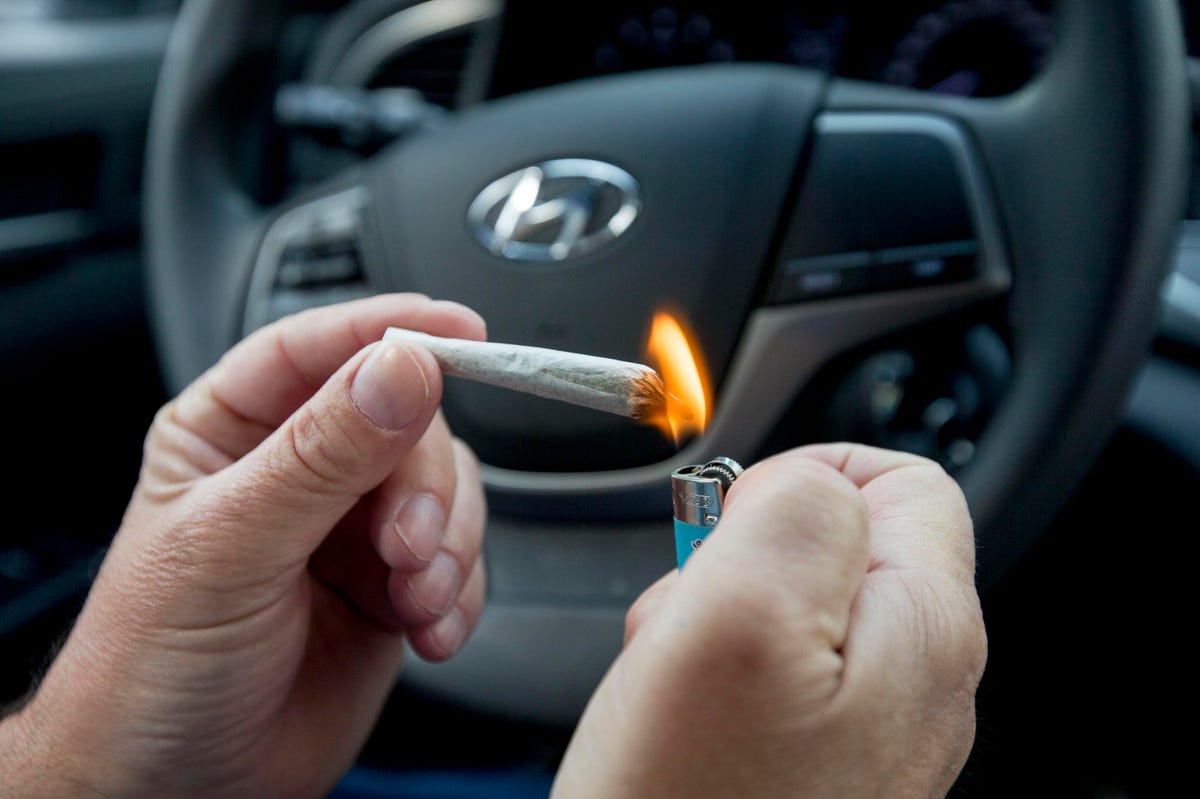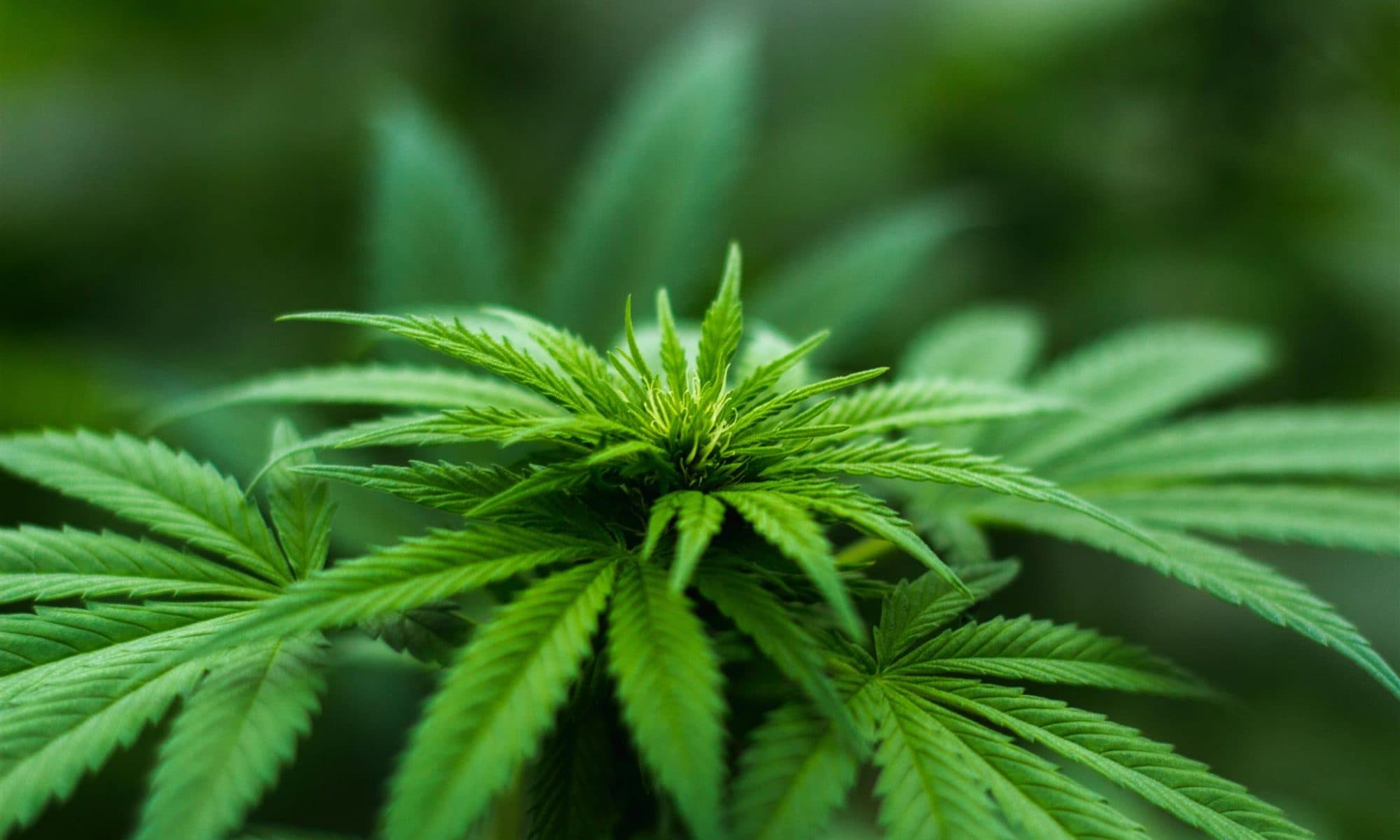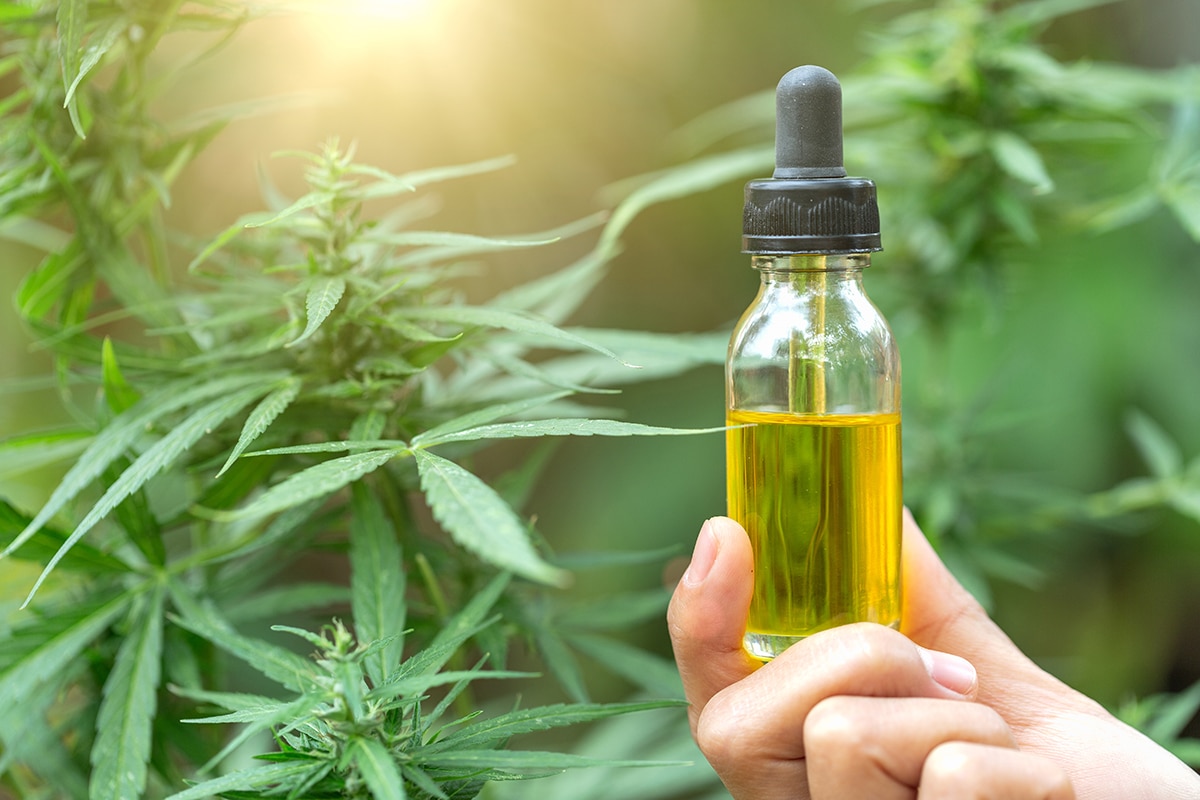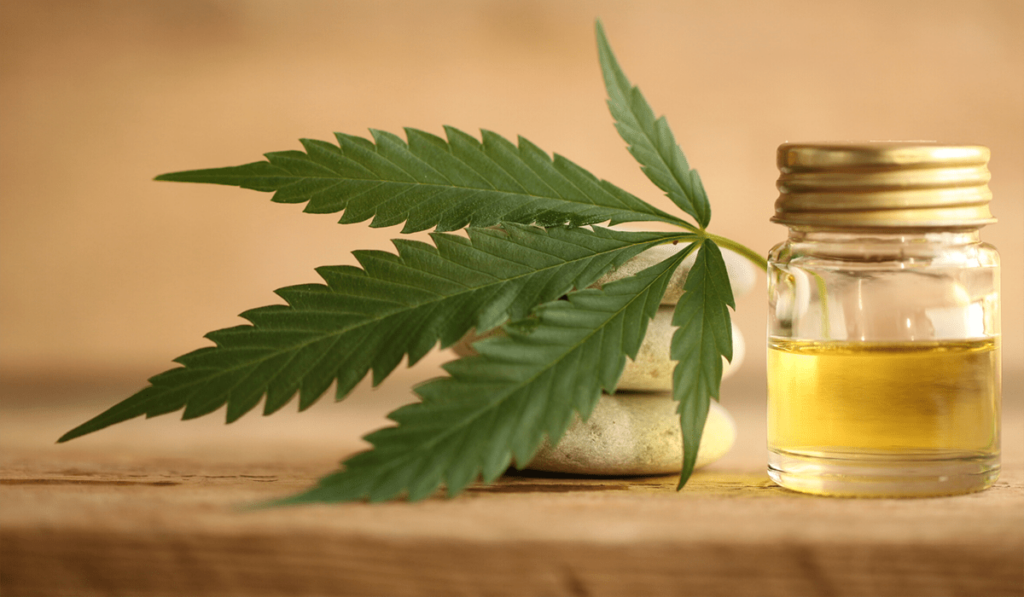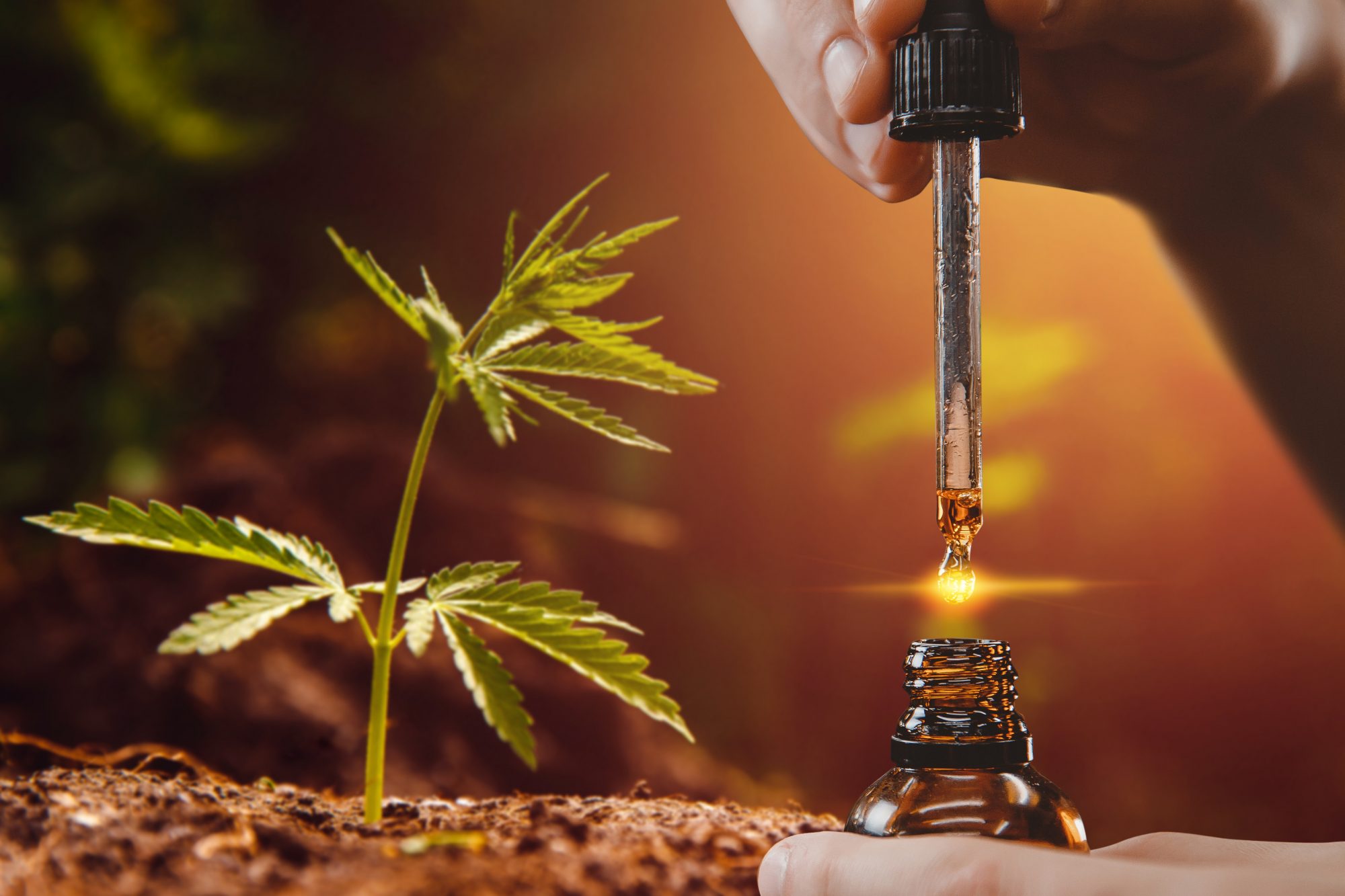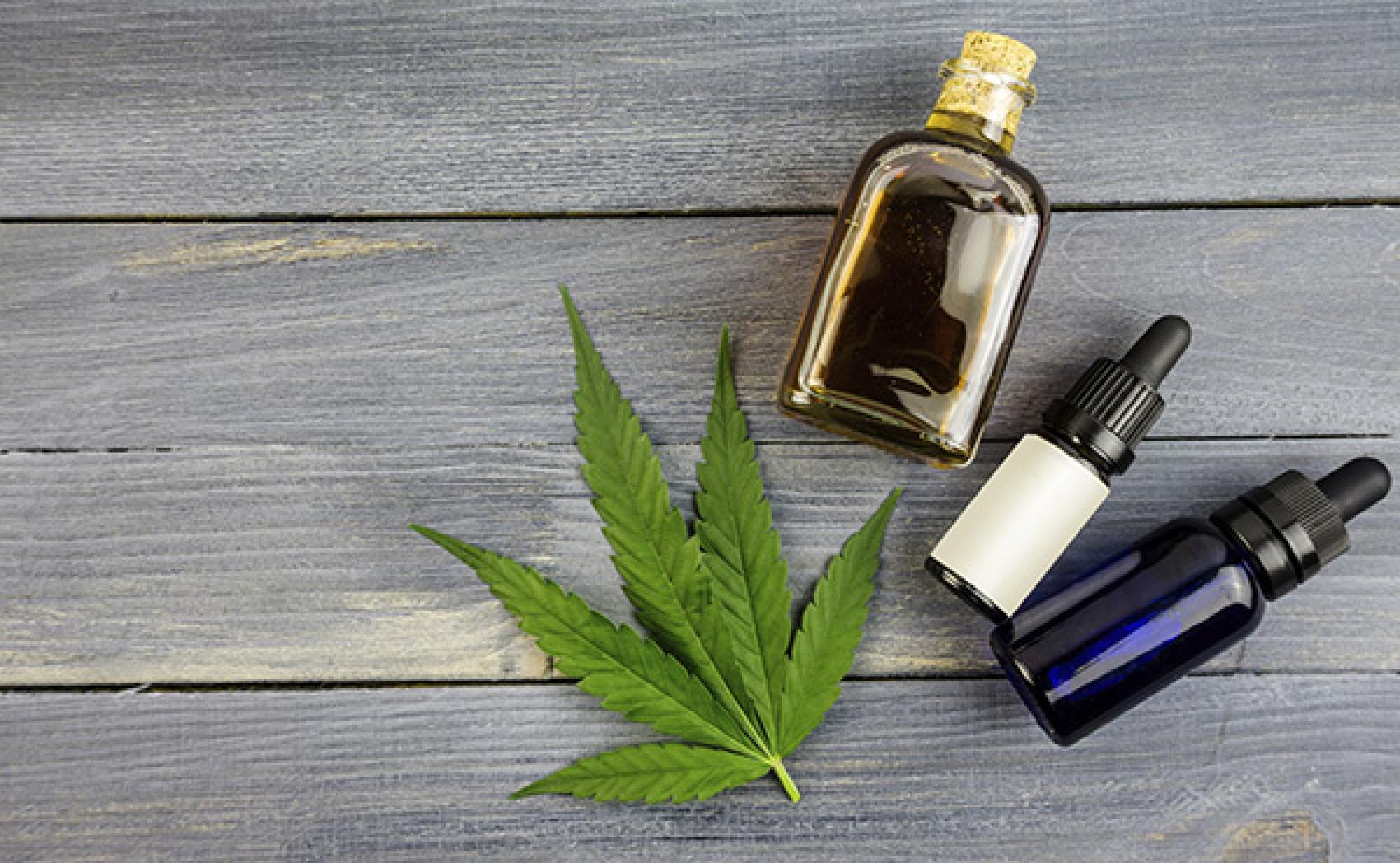Anxiety is one of the most common mental health disorders globally, affecting millions of individuals each year. It manifests as persistent worry, fear, and tension that can interfere with daily life and overall well-being. While traditional treatments for anxiety, such as therapy and prescription medications, can be effective, many patients are turning to alternative therapies like medical cannabis for relief. With growing interest in its potential benefits, this article explores how medical cannabis may offer a natural solution to anxiety, its potential drawbacks, and the scientific evidence supporting its use.
The Potential Benefits of Medical Cannabis for Anxiety
Medical cannabis has gained popularity in recent years as a potential treatment for a wide range of medical conditions, including anxiety. Cannabis contains two primary cannabinoids, THC (tetrahydrocannabinol) and CBD (cannabidiol), both of which have demonstrated potential benefits in managing anxiety symptoms.
CBD and Anxiety Relief: CBD, a non-psychoactive compound found in cannabis, has garnered particular attention for its potential to reduce anxiety. Unlike THC, CBD does not induce a “high,” making it an attractive option for individuals seeking the therapeutic effects of cannabis without the intoxicating effects. Research has shown that CBD may help reduce anxiety in both clinical and non-clinical settings. A study published in Neurotherapeutics found that CBD significantly reduced anxiety in individuals with social anxiety disorder and generalized anxiety disorder, suggesting that it may help alleviate chronic worry and stress.
CBD appears to work by interacting with the body’s endocannabinoid system, which plays a key role in regulating mood, stress, and emotional responses. By influencing receptors in the brain that control stress and anxiety, CBD may help modulate the body’s response to anxiety-inducing stimuli. This could be particularly beneficial for individuals with anxiety disorders, such as social anxiety disorder, generalized anxiety disorder, and post-traumatic stress disorder (PTSD).
THC and Anxiety Relief: THC, the psychoactive compound in cannabis, has been shown to have mixed effects on anxiety. At lower doses, THC can produce feelings of relaxation and euphoria, which may help relieve symptoms of anxiety. However, at higher doses, THC can sometimes exacerbate anxiety, leading to heightened feelings of fear and paranoia. For this reason, individuals seeking cannabis as an anxiety treatment often choose strains with higher CBD content and lower THC content to minimize the risk of adverse reactions.
Improved Sleep: Anxiety often leads to sleep disturbances, with many individuals experiencing difficulty falling or staying asleep due to racing thoughts or heightened stress. Both THC and CBD have been reported to have sleep-promoting properties, with CBD being particularly effective in improving sleep quality. By reducing anxiety and promoting relaxation, cannabis may help individuals achieve more restful sleep, which is essential for overall mental and physical health.
Muscle Relaxation and Stress Relief: In addition to its effects on mood and anxiety, cannabis can also promote muscle relaxation and relieve tension. This can be particularly helpful for individuals whose anxiety manifests physically, causing tight muscles, headaches, or jaw clenching. By easing these physical symptoms of stress, medical cannabis can provide comprehensive relief for individuals struggling with anxiety.

The Drawbacks and Risks of Medical Cannabis for Anxiety
While medical cannabis holds promise for anxiety relief, it is not without its drawbacks. There are several potential risks and side effects that individuals should consider before using cannabis as a treatment for anxiety.
Potential for Increased Anxiety with THC: As mentioned, while low doses of THC may provide relaxation and stress relief, higher doses can trigger or exacerbate anxiety, especially in individuals who are sensitive to THC. Symptoms of THC-induced anxiety include paranoia, restlessness, and racing thoughts. This is particularly concerning for individuals with anxiety disorders, as cannabis may have the opposite effect and worsen their symptoms.
Impaired Cognitive Function: Cannabis, particularly THC, can impair short-term memory, concentration, and coordination. These effects may interfere with daily activities and cognitive functioning, making it difficult for individuals to complete tasks or engage in social interactions. This can be especially problematic for those who rely on their mental sharpness for work or academic responsibilities.
Dependency and Tolerance: While medical cannabis is generally considered to have a lower potential for abuse compared to other substances, there is still the possibility of developing a dependency, especially with regular or long-term use. Individuals who use cannabis frequently for anxiety may build up a tolerance to its effects, requiring higher doses to achieve the same level of relief. This could lead to a cycle of increasing use, potentially resulting in dependence over time.
Side Effects: Common side effects of cannabis include dizziness, dry mouth, altered perception, and increased heart rate. These side effects can be disorienting or uncomfortable for some individuals. Additionally, some people may experience fatigue or sedation, which could interfere with daily activities.
Drug Interactions: Cannabis can interact with other medications, particularly those used to treat anxiety or other mental health conditions. It may affect the metabolism of certain drugs, such as antidepressants, antianxiety medications, or sedatives. Patients using medical cannabis should always consult with a healthcare provider to ensure there are no harmful interactions with other prescribed treatments.
Scientific Evidence and Clinical Research
There is a growing body of scientific evidence supporting the use of medical cannabis, particularly CBD, in the treatment of anxiety. Several clinical trials have demonstrated that CBD can reduce anxiety in individuals with various anxiety disorders, including social anxiety, generalized anxiety disorder, and PTSD.
One of the most well-known studies on CBD and anxiety was published in The Permanente Journal, where participants who were given CBD reported significant reductions in anxiety and improvements in sleep quality. Other research has found that CBD may help reduce anxiety by acting on serotonin receptors in the brain, which are involved in mood regulation.
While the evidence for CBD’s effectiveness is promising, the research on THC’s role in anxiety management is more mixed. Some studies suggest that low doses of THC can help alleviate anxiety, while others indicate that high doses can worsen anxiety symptoms. As a result, many individuals opt for CBD-dominant strains of cannabis to avoid the potential adverse effects of THC.
The Legal Status of Medical Cannabis Around the World
The legal status of medical cannabis varies significantly from country to country. In some regions, such as Canada and several U.S. states, medical cannabis is fully legal, and patients can access cannabis-based treatments with a prescription from a healthcare provider. In these areas, medical cannabis is commonly used to treat conditions such as anxiety, chronic pain, and insomnia.
In contrast, many countries still have strict cannabis laws, and medical cannabis remains illegal or highly regulated. For individuals in these regions, accessing cannabis for anxiety may be difficult, if not impossible. However, the growing body of research supporting the benefits of medical cannabis for anxiety may encourage a shift in policy and a broader acceptance of cannabis as a legitimate medical treatment.
Growing Acceptance in the Medical Community
As research into the benefits of medical cannabis continues, there is a growing acceptance within the medical community of its potential to treat anxiety. Many healthcare providers are now willing to consider cannabis as an adjunctive treatment for anxiety, especially when traditional treatments have not provided adequate relief.
However, there is still some hesitation among healthcare professionals, particularly regarding the psychoactive effects of THC and the lack of standardized dosing guidelines. As more clinical trials are conducted and the understanding of cannabis’s therapeutic properties evolves, it is likely that medical cannabis will become a more widely accepted option for patients with anxiety.
The Future of Medical Cannabis for Anxiety
The future of medical cannabis for anxiety looks promising. As research continues to explore the effects of CBD and THC on anxiety disorders, new treatment options may emerge that are more tailored to individual patients’ needs. For example, the development of specific cannabinoid formulations or delivery methods could allow for more precise dosing, reducing the risk of side effects and enhancing the therapeutic benefits of cannabis.
Moreover, as the legal landscape around cannabis continues to evolve, more patients will have access to cannabis-based treatments for anxiety. Increased public awareness and acceptance of medical cannabis could lead to broader integration into mainstream healthcare systems.
Conclusion
Medical cannabis, particularly CBD, offers a promising natural solution for those suffering from anxiety. While it presents several potential benefits, including reduced anxiety, improved sleep, and muscle relaxation, there are also risks and drawbacks, such as the potential for increased anxiety with THC and the lack of standardized dosing guidelines. The growing body of scientific evidence supporting the use of cannabis for anxiety, combined with its increasing acceptance in the medical community, suggests that medical cannabis will play an increasingly important role in the treatment of anxiety disorders in the future. However, further research, regulatory changes, and increased access will be crucial to realizing its full potential as a mainstream therapeutic option.
